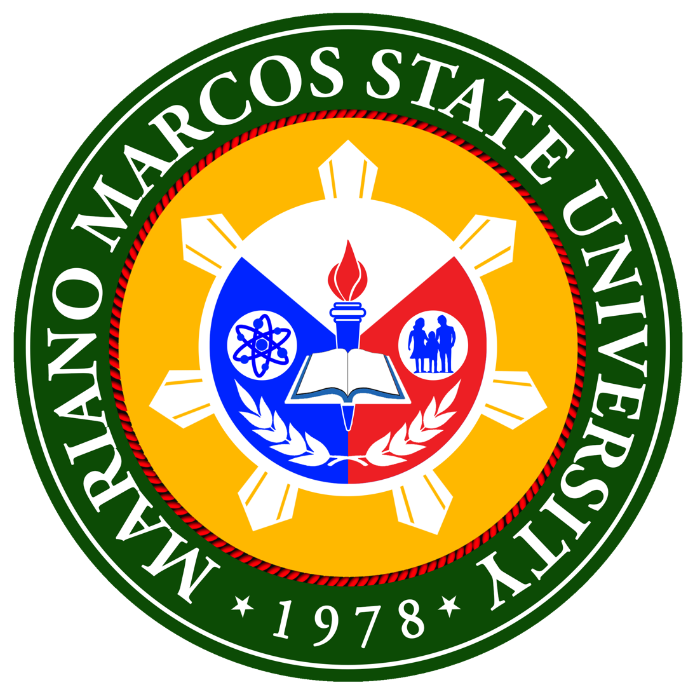MMSU now a member of int’l consortium
MMSU is the lone university in the country which became a member of the International Consortium of Universities in South and Southeast Asia for the Doctoral Education in Agricultural Science and Biotechnology.
Also known as IC-GU12, the Consortium has now a total membership of 19 universities from nine countries including Gifu University (GU) of Japan as the lead agency.
Aside from MMSU, other member-institutions are the University of Dhaka (Bangladesh), Guangxi University (China), Assam University and the Indian Institute of Technology Guwahati (both in India), Andalas University, Bogor Agricultural University, Gadjah Mada University, Sebelas Maret University, University of Lampung, and Instiut Teknologi Bandung (all in Indonesia); Chulalongkorn University, Kasetsart University, and King Mongkut's University of Technology Thonburi (Thailand); Hanoi University of Science and Technology, Thuyloi University (Vietnam); National University of Laos (Laos), and the Shizuoka University and GU (both in Japan).
MMSU President Shirley C. Agrupis said she is happy that the IC-GU12 has recognized MMSU as one of the premiere universities in Southeast Asia with excellent performance in instruction and research.
With MMSU’s membership in the IC-GU12, Dr. Agrupis said the university can now establish linkages with the other universities in neighboring Asian countries, adding that one benefit of this is the opportunity of MMSU faculty who, by age, can no longer qualified for scholarship in Japan, because the age limit for such scholarship is 35 years and below.
“In Japan, the government has the Ronpaku Program, a special graduate program wherein a faculty or researcher from the 19 member-universities can stay in the base university and he will only go to Japan for consultancy and for special research undertakings,” Dr. Agrupis said, emphasizing that for a faculty to be given the degree in Japan, he must have published his output and is doing full impact research activities.
As a result of this partnership, the MMSU expects to recognize three positive outcomes of the consortium in the prospective faculty and researchers who will avail of its services -- global communication skill, collaborative research development skill, and the practical education and research experience.
Global communication skill consists of English proficiency acquired through research practices and poster presentations in international academic conferences. Collaborative research development skill can be developed based on multi-perspectives of teamwork in identifying and solving the problems through on-site researches with the faculty staff/students in the IC-GU12, while practical education and research experience is acquired by pragmatic experiences of overseas internship and research collaboration.
Along with the outcomes, member-institutions ultimately aim to foster the so-called “glocal leaders” who can contribute to human society both as a global and local leader.
“I am very confident because there are many senior faculty of MMSU who are qualified in this program,” Dr. Agrupis said, noting that in so far as the Ronpaku Program is concerned, she already submitted names of MMSU faculty to IC-GU12 for evaluation.
Another important output in MMSU’s membership in the Consortium is the forthcoming conduct of the International Workshop in Renewable Engineering by the Ashikaga Institute of Technology, one of the best universities in Japan, in areas of renewable energy research. The workshop, which will be held at MMSU on May 13 to June 3, will cover three tracks – the solar energy, wind, and the biomass energy.
“Also, I have already submitted a joint research and development (R&D) proposal to Japan S&T for the funding of the country’s nipa bio-fuel project and the concerned people in Japan are going to visit MMSU on June 7-9,” Dr. Agrupis said.
Aside from IC-GU12, MMSU is also a lifetime member of the University Mobility in Asia Pacific (UMAP). (R.E. Andres)
Written By:
Administrator
Other News
2 MMSU profs receive BSU-CVM Young Veterinarian Achiever Award
MMSU Vet Med prof recognized for contributions in marine mammal protection
MMSU-CTE hosts SUCTEA Regional Conference
100% success of MMSU nursing and physician board examinees feted in testimonial rites
Parnuay rolls out discussions aligning education with creative industries

